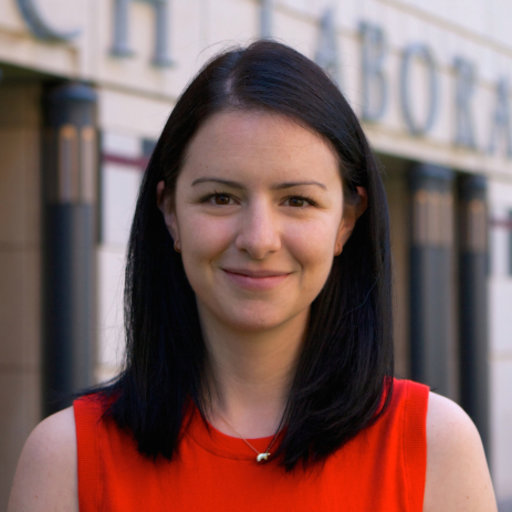Bing Yao
Bing Yao, PhD Linkedin Twitter Facebook Google I have extensively studied genetics, epigenetics and molecular biology in multiple model systems prior to and during my graduate training in Dr. Edward Chan’s laboratory at the University of Florida. In Dr. Chan’s laboratory, I investigated the molecular mechanisms of microRNA-mediated post-transcriptional gene silencing by the repressor protein […]










